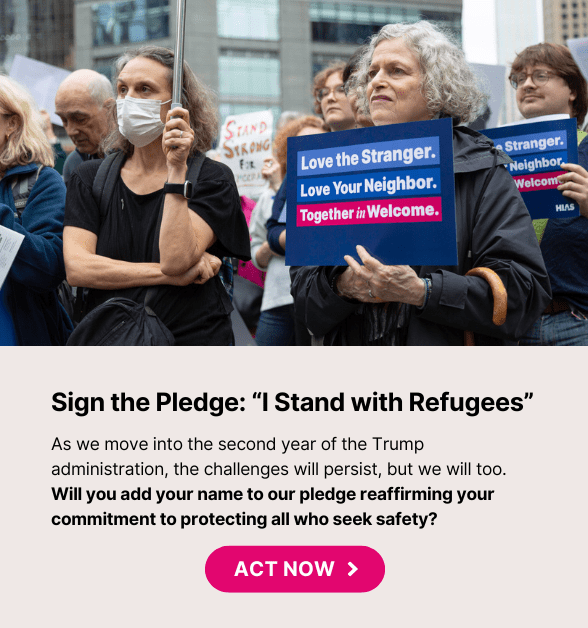Topic: Syria
69 results
Dec 16, 2024
HIAS Statement in Support of the Rights of Syrian Refugees
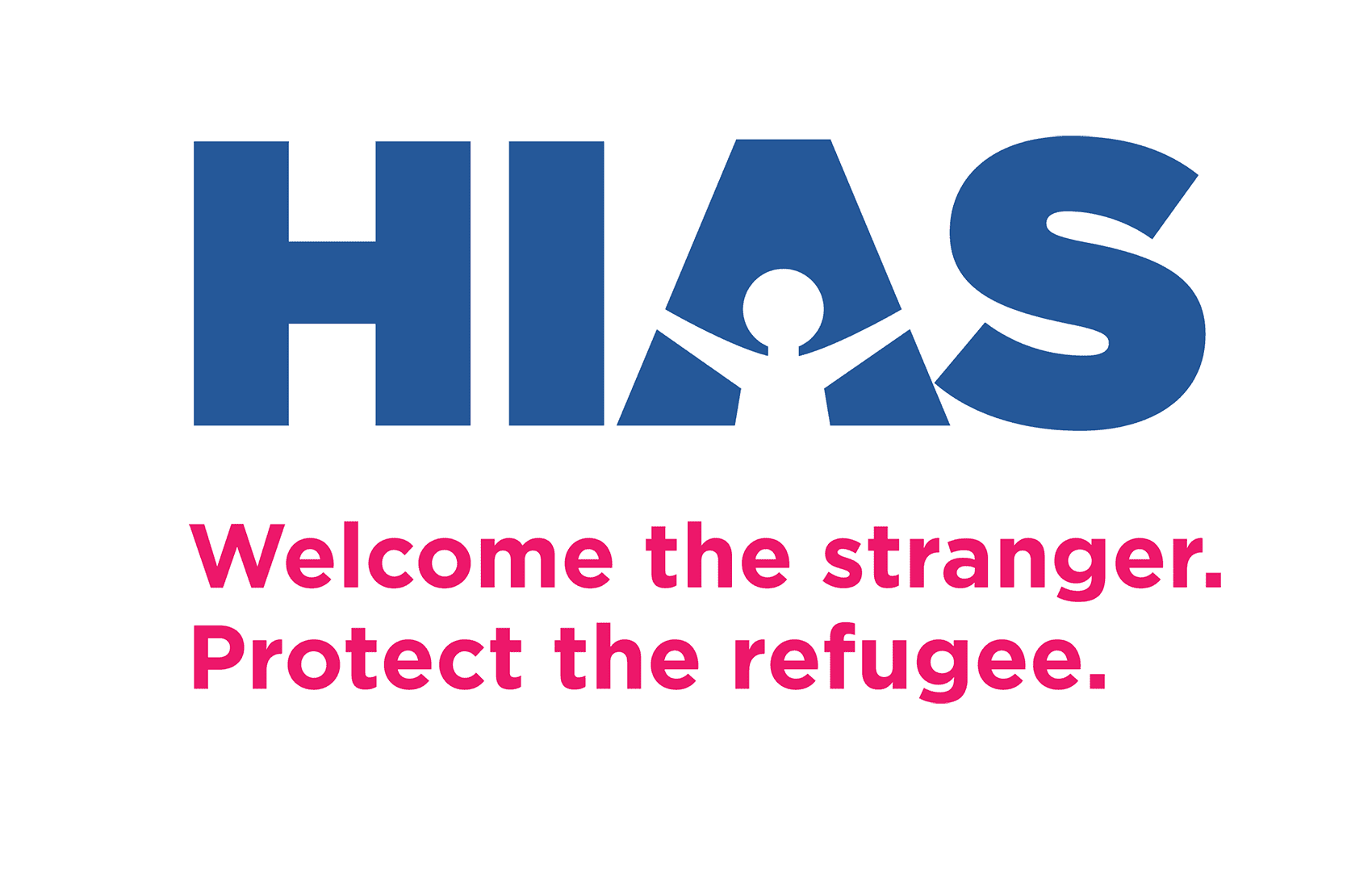
Mar 15, 2023
After the Quake: Helping Survivors Cope
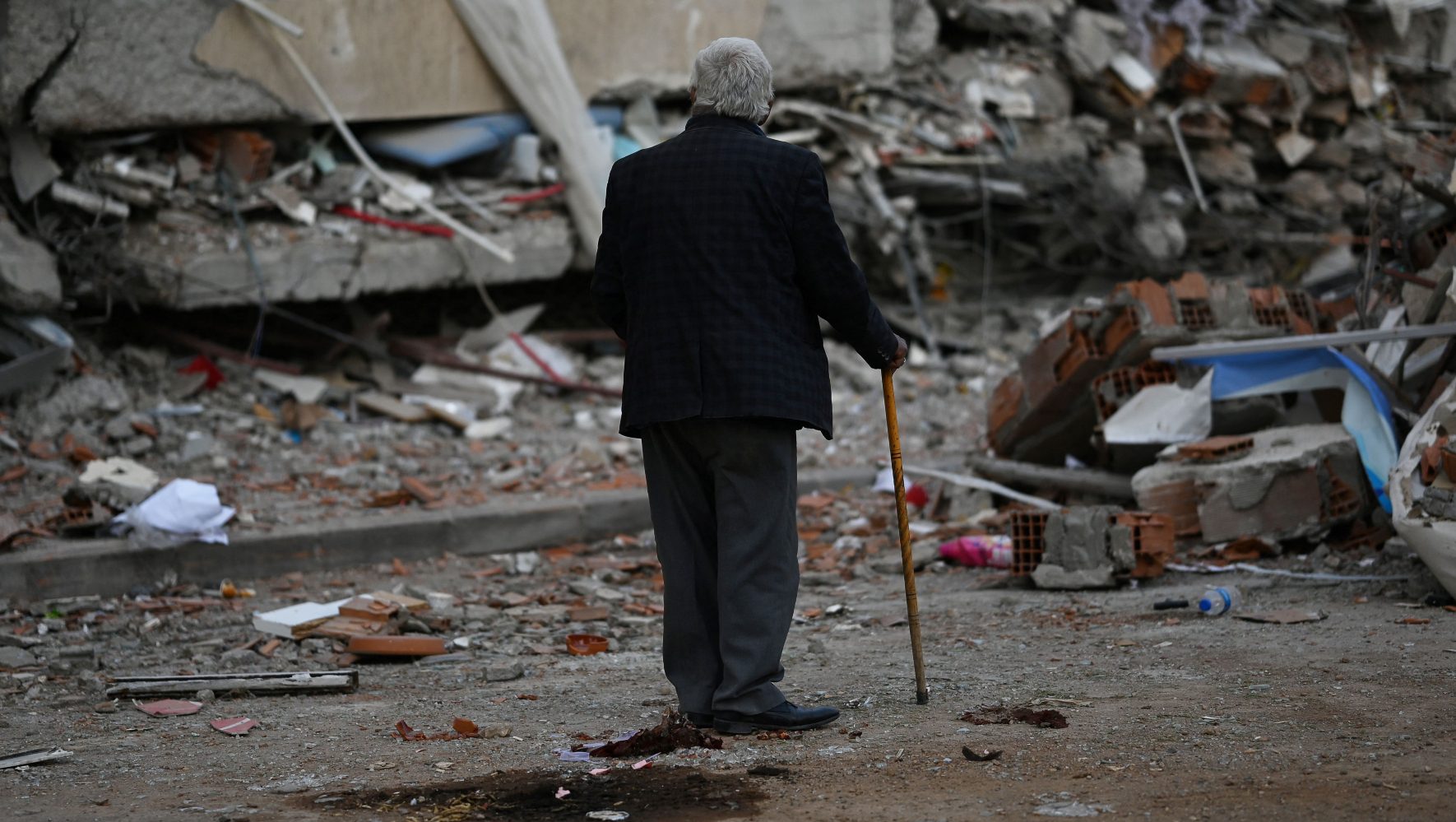
Feb 21, 2023
Earthquakes Fuel Concern for Refugees in Turkey and Syria
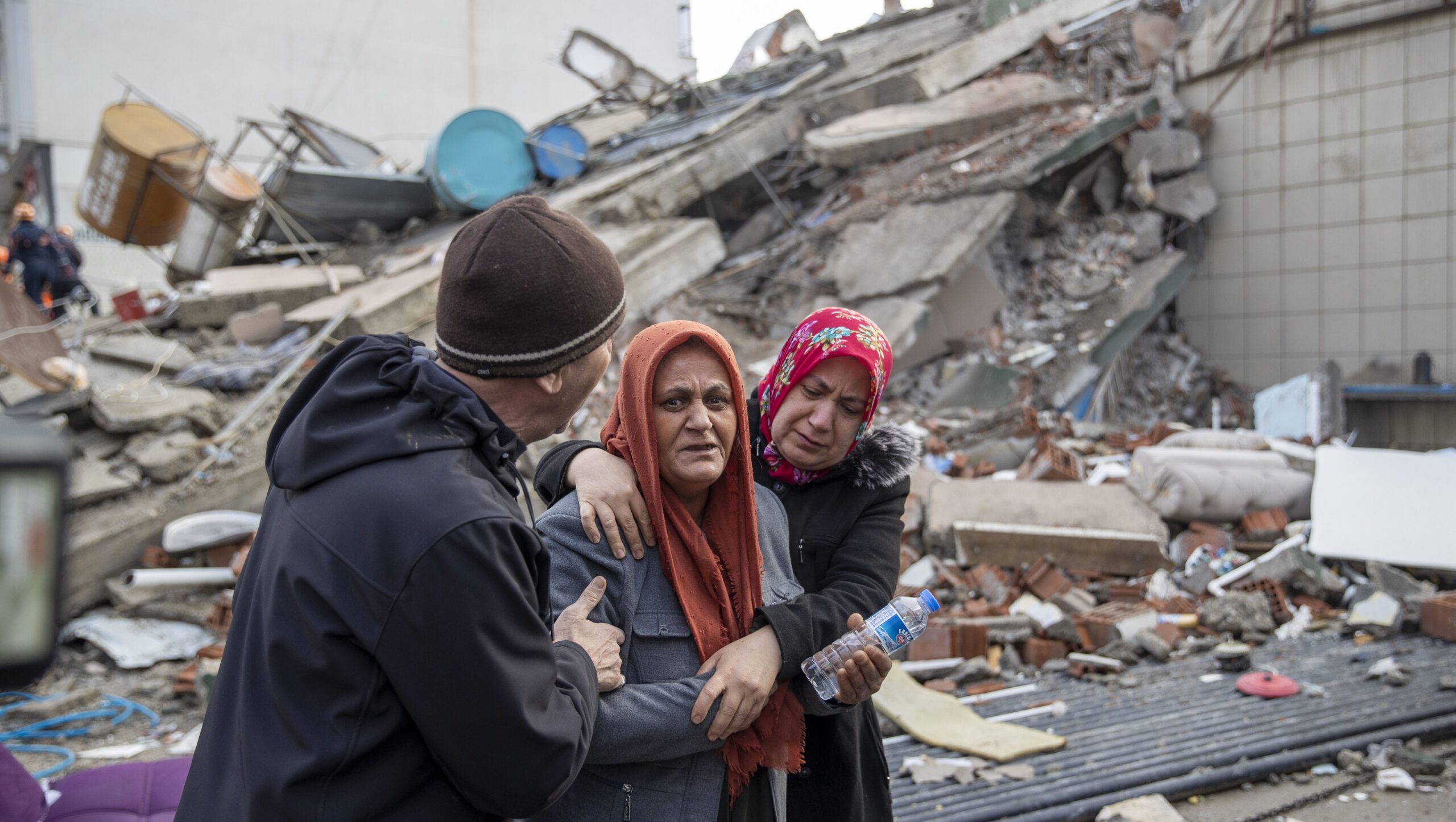
Jan 27, 2019
Still Fighting the Muslim Ban After Two Years
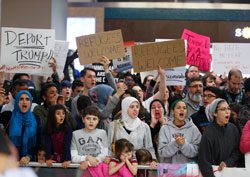
Aug 8, 2018
WATCH: These Syrian Refugee Children Will Make You Want to Dance

Jun 20, 2018
WATCH: Protecting Refugees in Greece, An Interfaith Response
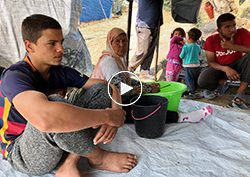
May 18, 2018
Resettled Syrian Refugee Graduates Top in Class
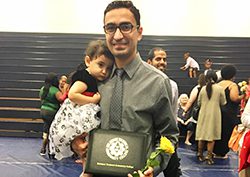
Feb 1, 2018
HIAS Statement on TPS Extension for Syria

Aug 25, 2017
SLIDESHOW: Ohio Summer Camp Empowers Refugee Women and Children

Aug 9, 2017
A Big Greek Wedding for Syrian Refugees

